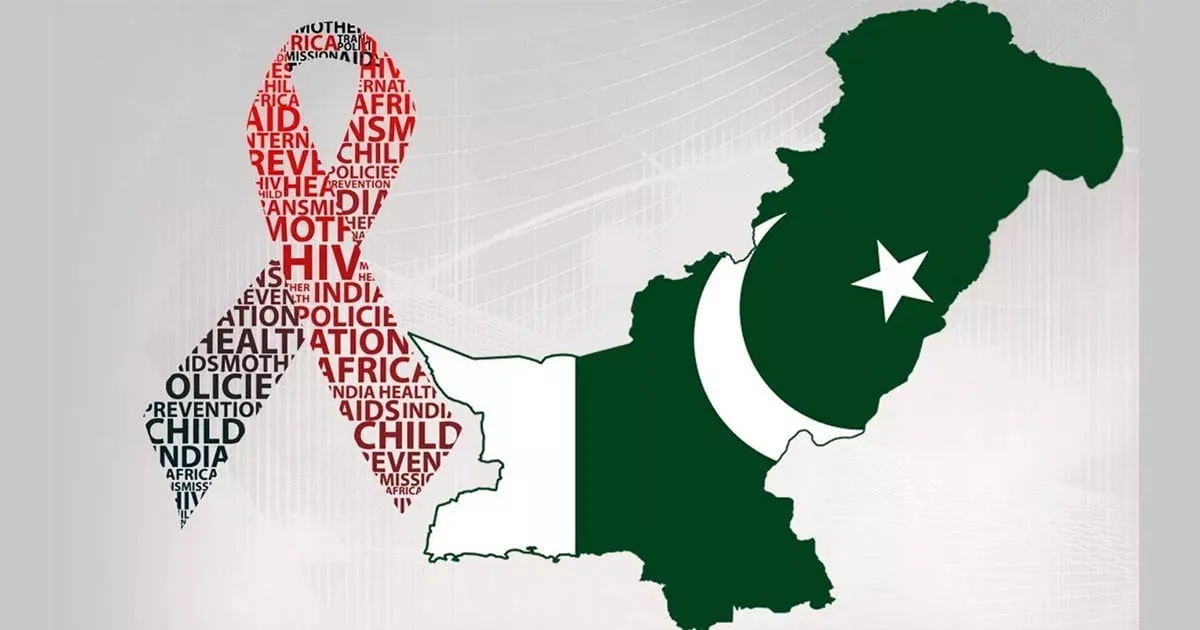Pakistan is currently facing a rapidly escalating HIV epidemic, with alarming statistics revealing over 1,000 new infections each month. In the first nine months of 2024, the country saw close to 10,000 new cases, with a projected total of more than 12,950 for the entire year. This surge is most prominent in the provinces of Punjab and Sindh, where health authorities are struggling to address the increasing prevalence of the virus. Unsafe medical practices, unregulated healthcare settings, and a lack of education on HIV prevention are significant contributors to the rise in cases.
The spread of HIV in Pakistan is not just a medical crisis; it has profound social implications, particularly as stigma around the disease continues to hinder effective prevention efforts. Vulnerable groups such as people who inject drugs, sex workers, and individuals who have unprotected sex are disproportionately affected, further complicating efforts to curb the epidemic. Experts are urgently calling for stronger public health campaigns to raise awareness about HIV transmission and prevention, as well as for improved access to testing and treatment services.
Health professionals emphasize the importance of expanding harm reduction programs, increasing condom use, and providing safe, sterile medical equipment. Education campaigns targeting high-risk populations are also crucial to reduce transmission rates. Pakistan’s government and international organizations must work together to implement comprehensive solutions to this crisis, with a focus on providing accessible and effective HIV treatment to those affected.
If these efforts are not quickly intensified, the consequences could be devastating, not just for the affected individuals, but for Pakistan’s public health infrastructure as a whole. Time is of the essence in reversing the spread of HIV, and it is essential for the country to act decisively to protect future generations.




+ There are no comments
Add yours